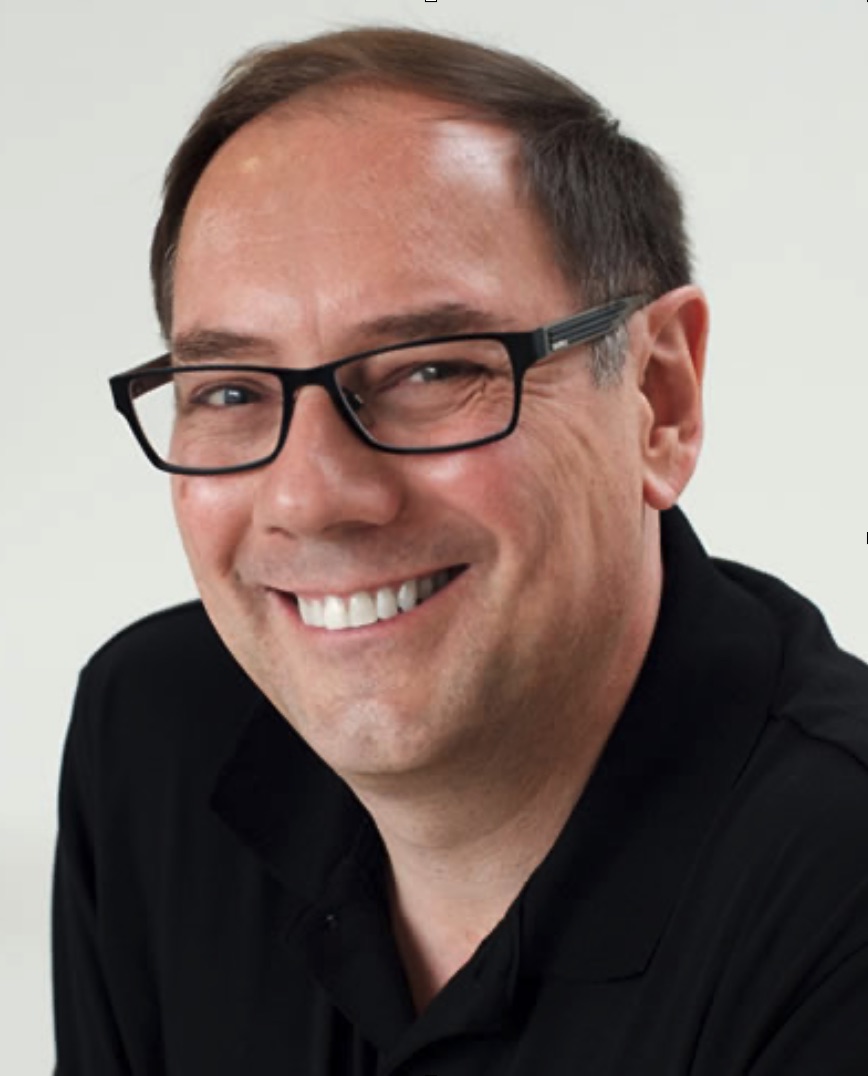Letter from the Chair

To learn more about outreach opportunities and activities, check out the FOEP sponsored sessions at the APS March meeting (one contributed and one invited). Invited speakers include the APS’ Chief Government Affairs Officer Francis Slakey, who will give a talk on Outreach for Policymakers, Prof. Matthew O’Dowd (writer and host of *PBS Space Time*), and Jeanna Bryner (Managing Editor of LiveScience.com). The FOEP Invited session is co-sponsored by the Forum on Physics and Society (FPS), and we are co-sponsoring an FPS session on Wednesday morning titled Communicating Science to the Public, with Adam Frank delivering the Joseph A. Burton Forum Award talk on “Physics, Truth, and the Crisis of Science Denial” and Xiaoxing Xi giving the Andrei Sakharov Award talk on “Scientific Espionage, Open Exchange and American Competitiveness.” Other speakers in this session include Dennis Overbye of the New York Times, Ann Merchant of the National Academy of Sciences’ Science and Entertainment Exchange and Ira Flatow, host of National Public Radio’s Science Friday. In addition, the Division of Materials Research is sponsoring a Physics for Everyone session, with an emphasis on Physics in Popular Culture. I am personally very excited to hear all of these speakers address a wide range of outreach opportunities.
FOEP is also hosting a public event on Wednesday evening at the March meeting that will enable APS members to test their science communication skills. We physicists routinely employ technical language when discussing our research with our colleagues, but often this terminology is a barrier when communicating our results with the general public. We also know it can be a challenge to describe our work without the jargon. The FOEP Executive Committee wondered – could we make this challenge even harder? and thus was born the THING EXPLAIN YOUR RESEARCH contest. Participants will have to translate the title of their APS March meeting talk using ONLY the one thousand (or ten hundred) most common words in English as found at https://splasho.com/upgoer5/. Inspired by the book Thing Explainer: Complicated Stuff in Simple Words by Randall Munroe (creator of xkcd.com). A panel of judges will then try to determine which of three actual talk titles corresponds to the THING EXPLAINED translation. If the judges guess correctly, the participant can win fabulous prizes! (well, we think they’re pretty nice). As mentioned, this contest will be open to the public, and should highlight, in a fun and accessible manner, the very difficult task of explaining advanced research topics to non-scientists.
Another way to engage with the public is to have them help out with your research. This year’s Nicholson Medal winner, Professor Lucy Fortson from the University of Minnesota is one of the founders of the Zooniverse, an online platform that incorporates humans and their inherent visual pattern recognition capabilities into sophisticated computational algorithms that can solve key challenges in the realm of Big Data across many disciplines. As an example, by incorporating hundreds of thousands of members of the general public to examine and classify the morphology of millions of identified galaxies, Prof. Fortson’s research is the very definition of outreach. This project has been shown to yield results that are in fact more accurate than classifications made by only a few experts – the so-called “wisdom of the crowd” effect and demonstrates a novel and creative solution to the flood of information contained within Big Data. Prof. Fortson will give a FOEP sponsored invited talk on this work at the April APS meeting this year in Washington, DC (and an interview with her can be found in this newsletter). Also speaking in her session at the April meeting will be this year’s A.I.P. Andrew Gemant winner, Prof. Virginia Trimble, as well as a reprise of the Outreach for Policymakers talk by Francis Slakey.
As this year’s Chair of FOEP, I am excited to work with the Executive Committee and all of the Forum’s members to increase FOEP’s visibility and relevance. Please consider nominating a colleague (or yourself) to be an APS Fellow through FOEP, or for the Nicholson Medal for Outreach, which is administered by FOEP. Just as we are driven to innovate in our research, creative new methods for outreach are needed. We’d love to hear your ideas on how FOEP can better serve our members in their outreach efforts as we enter our second decade (and hopefully avoid an awkward teen age phase!).
Jim Kakalios
